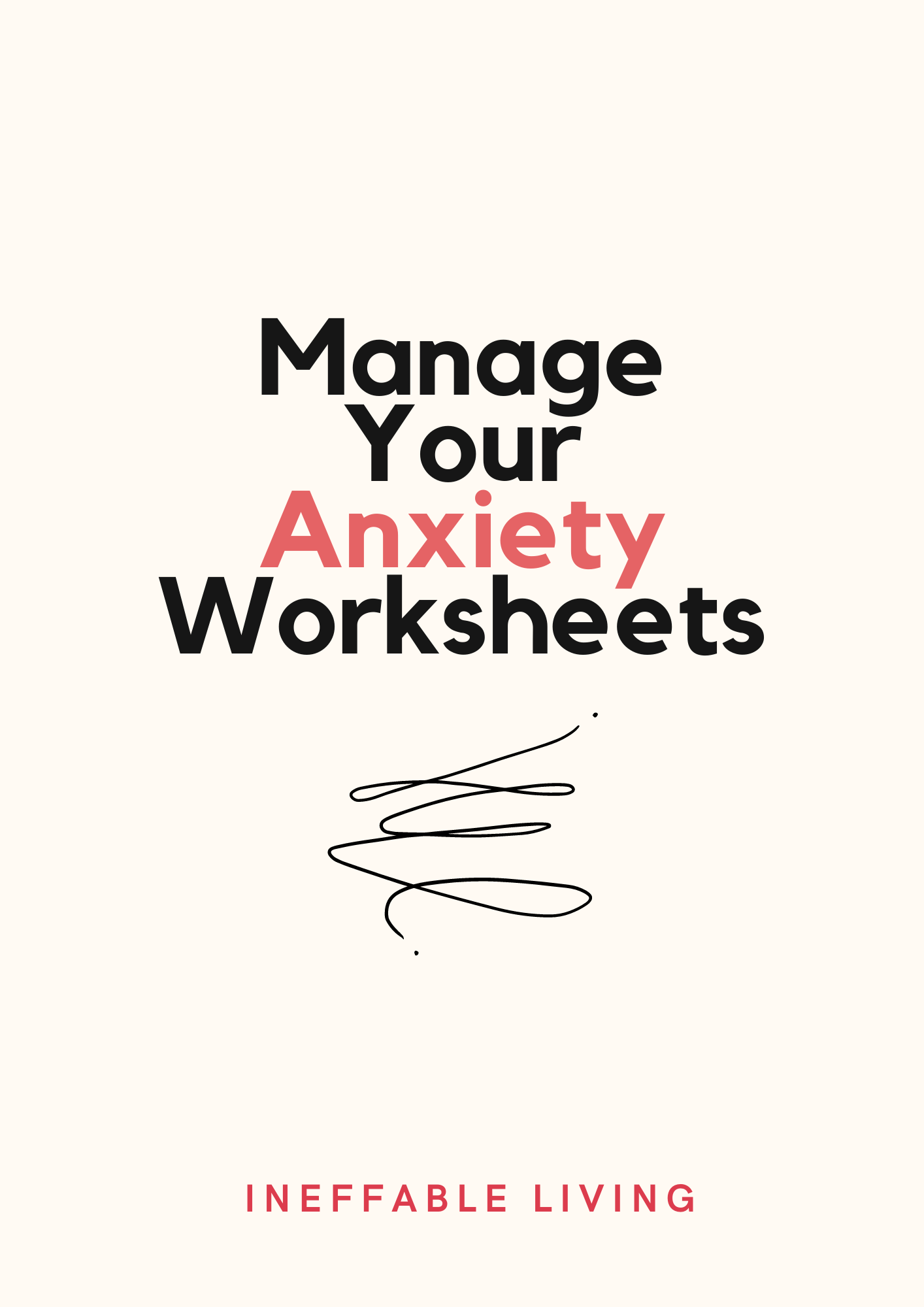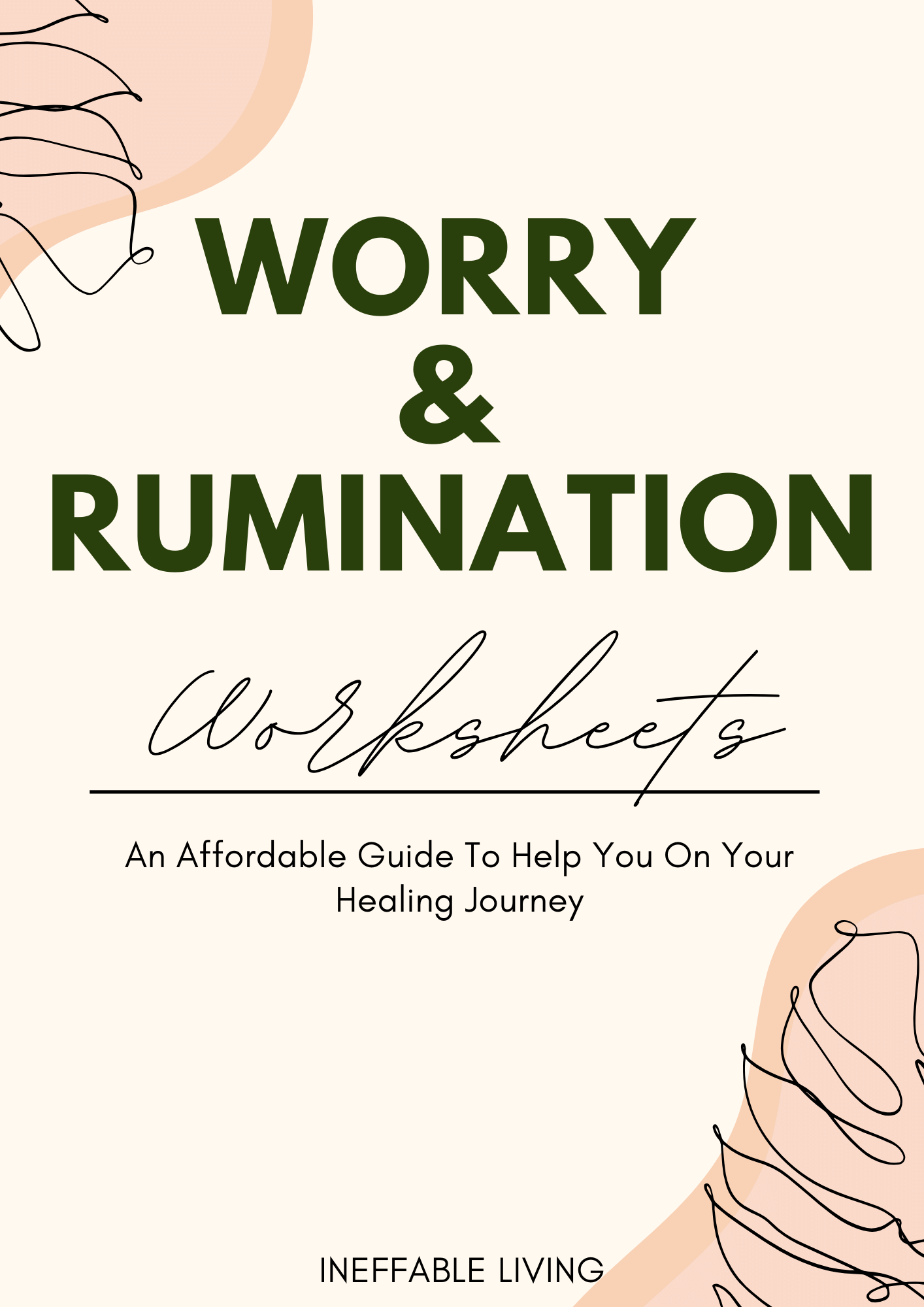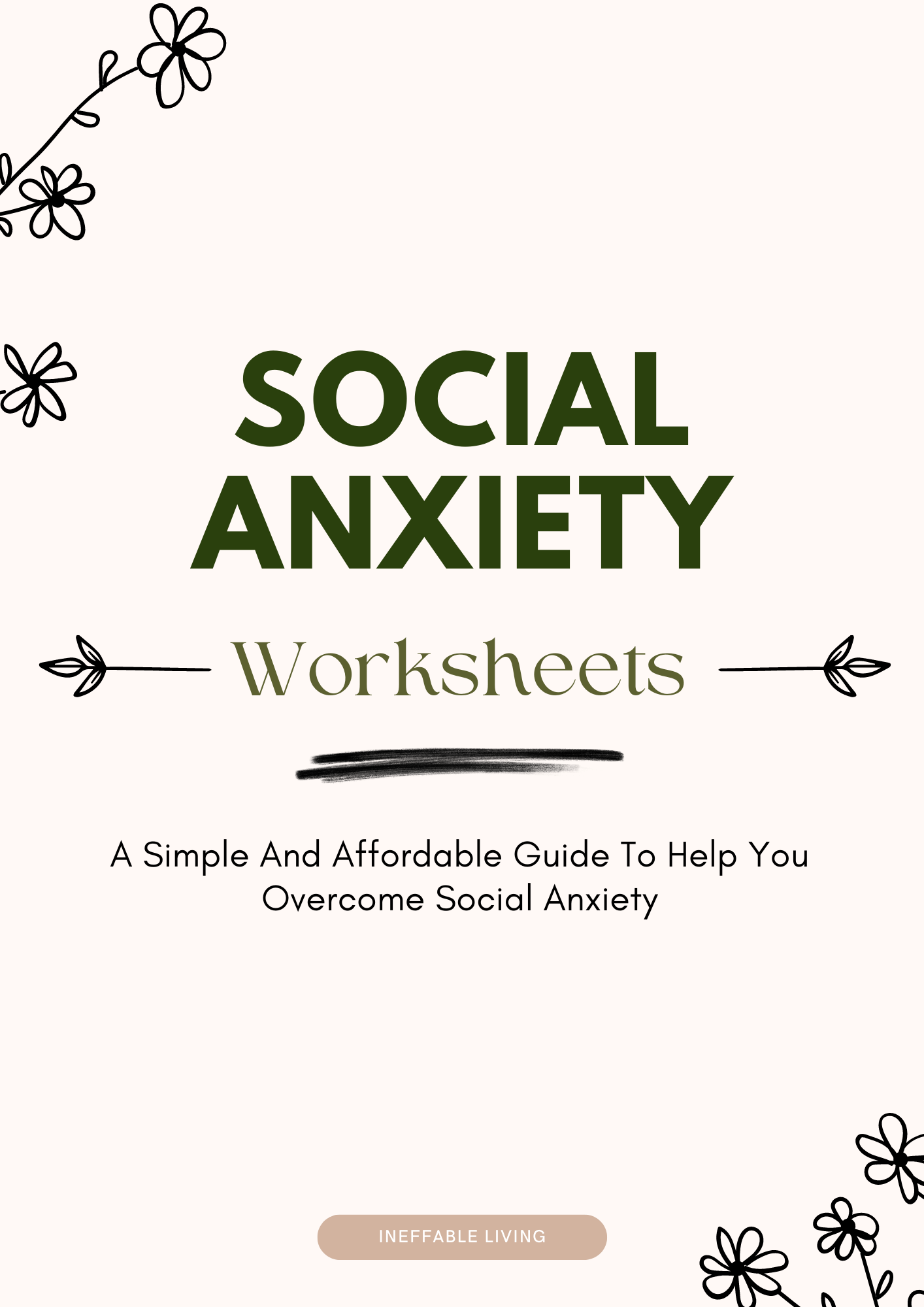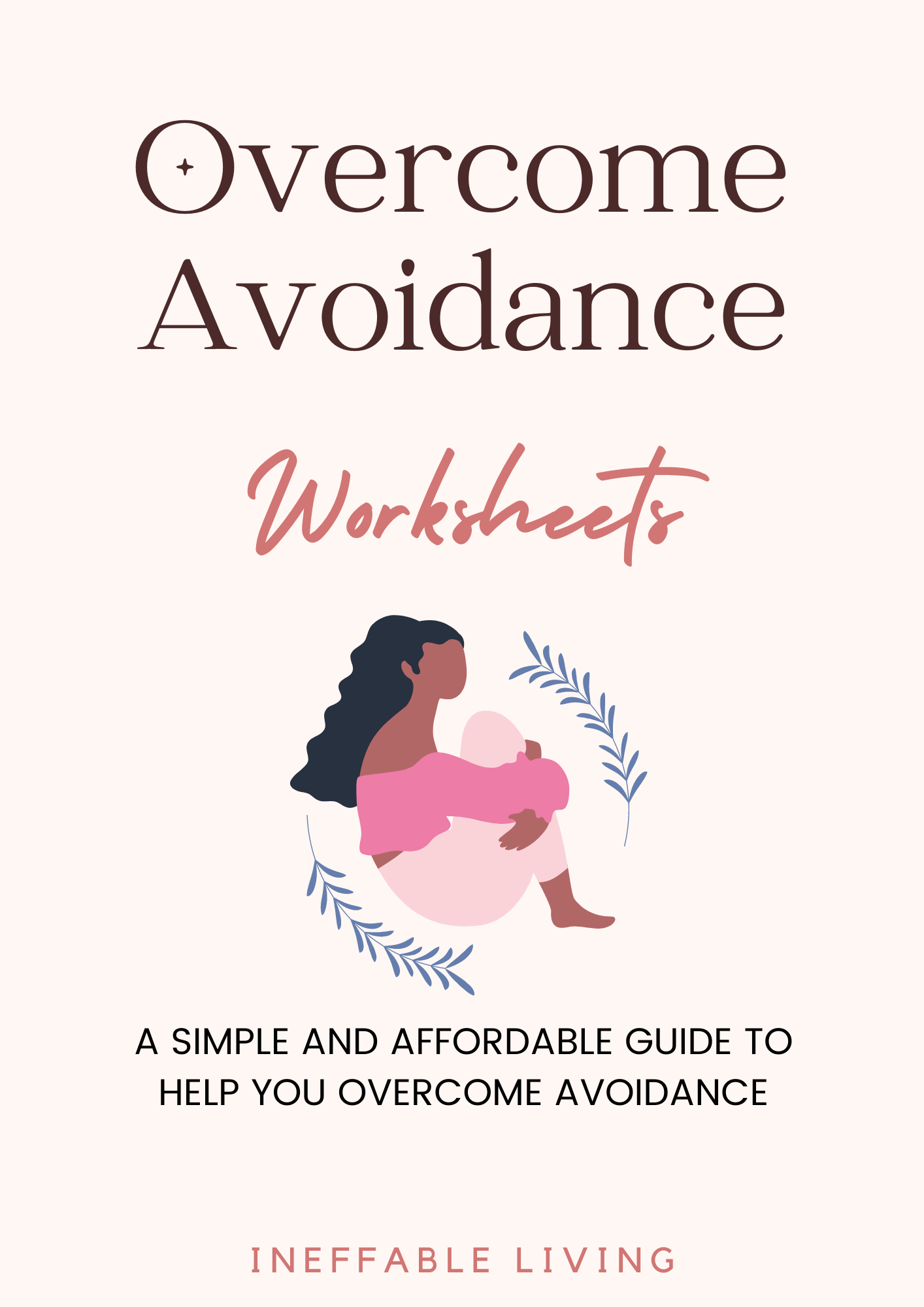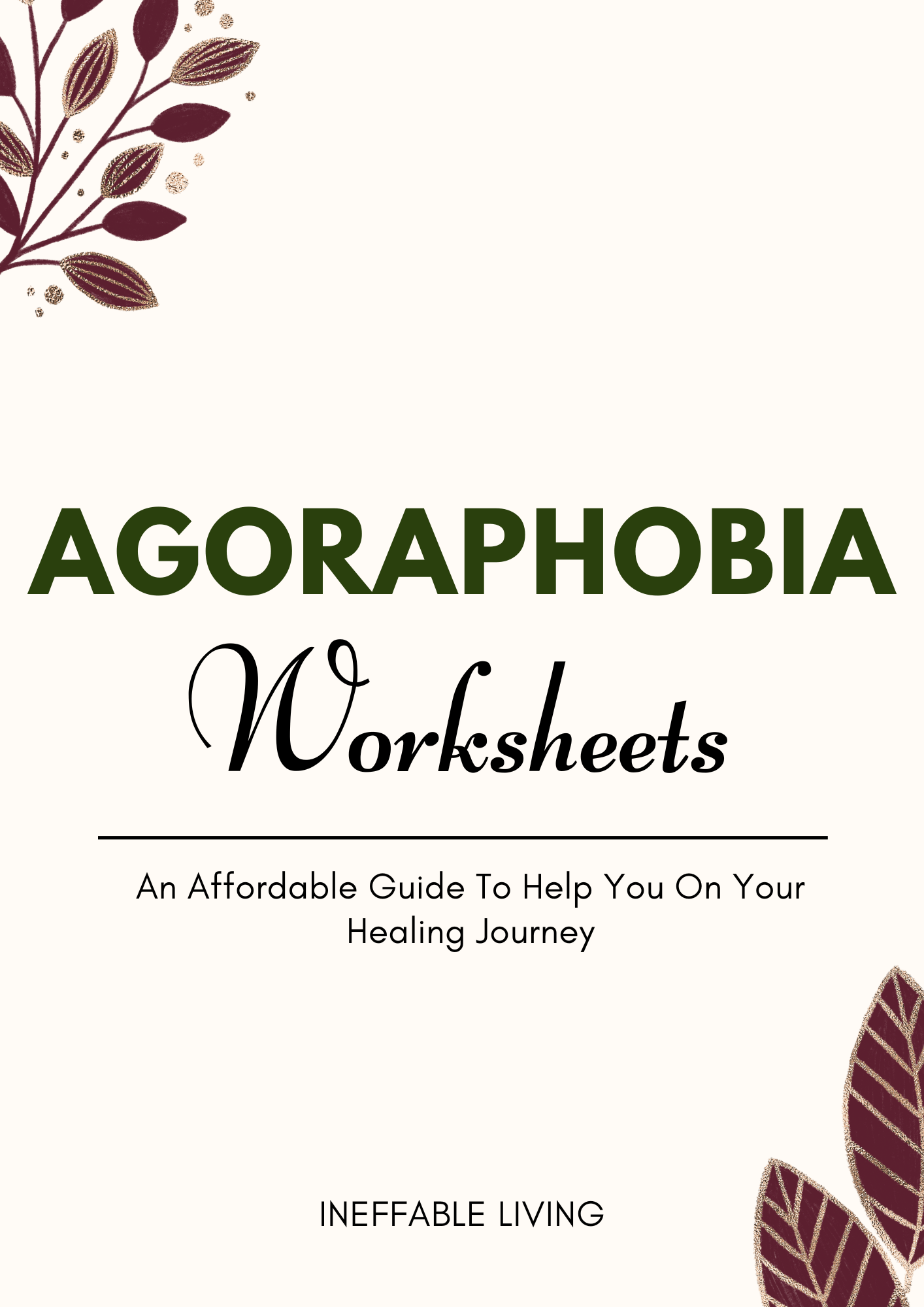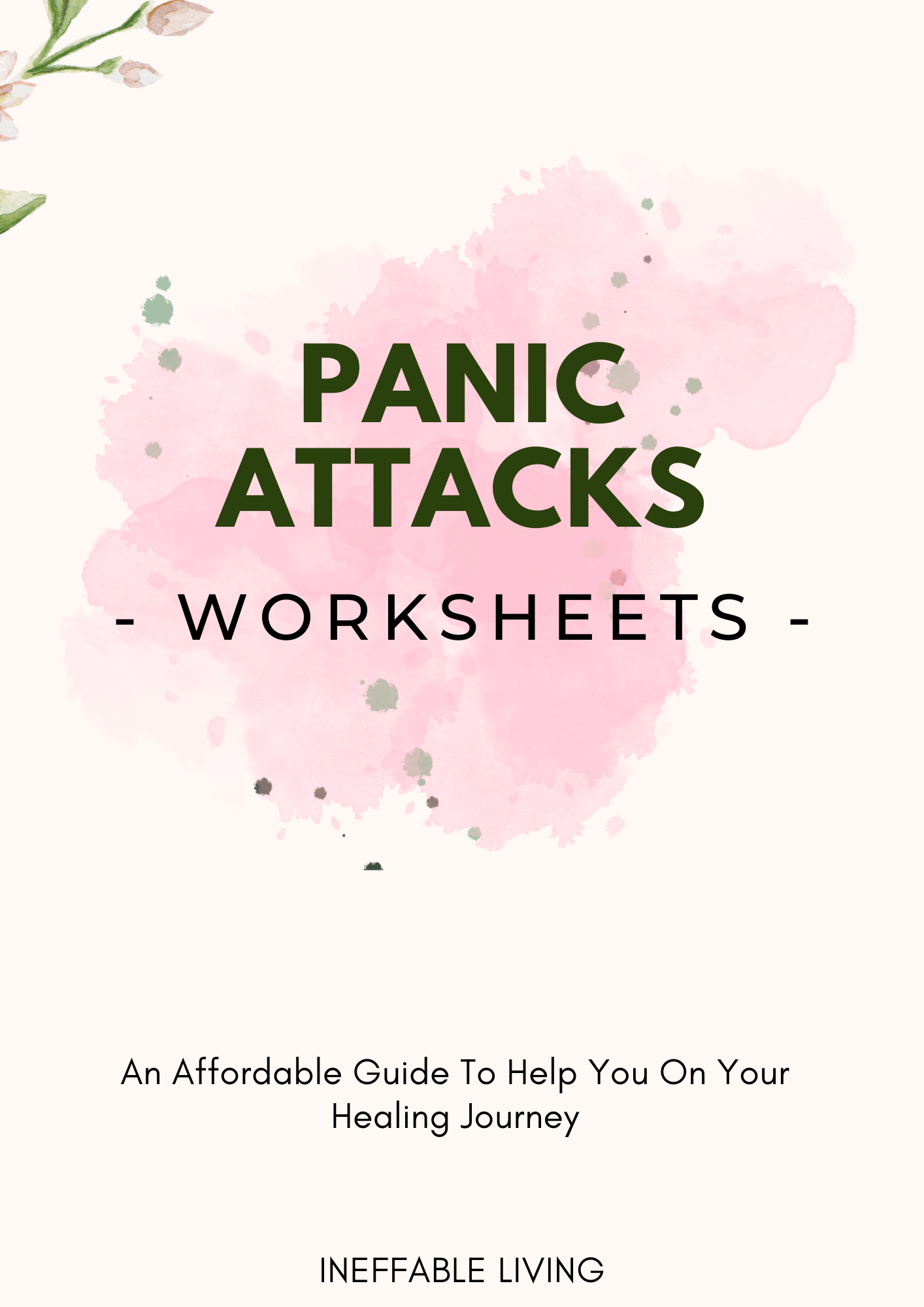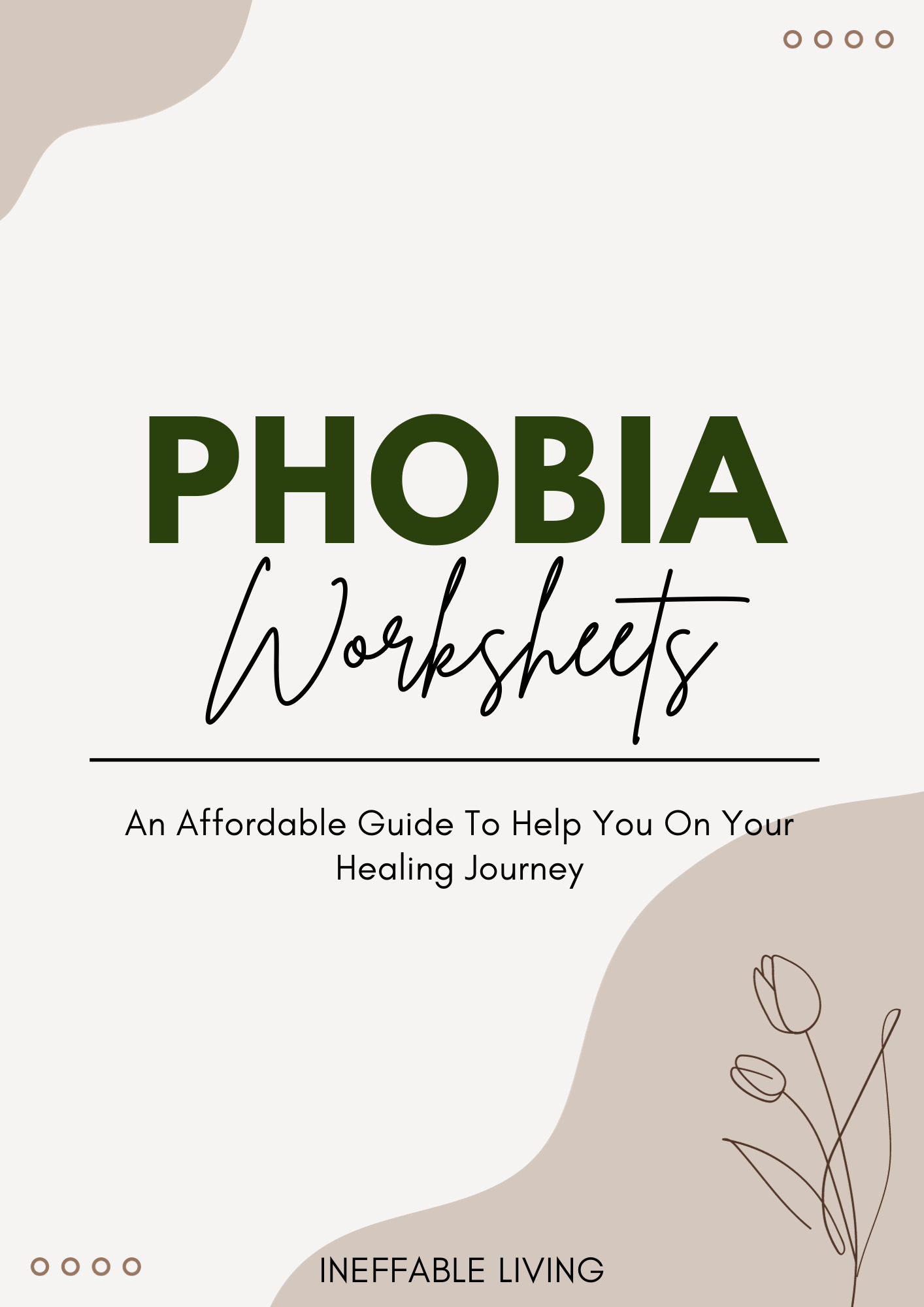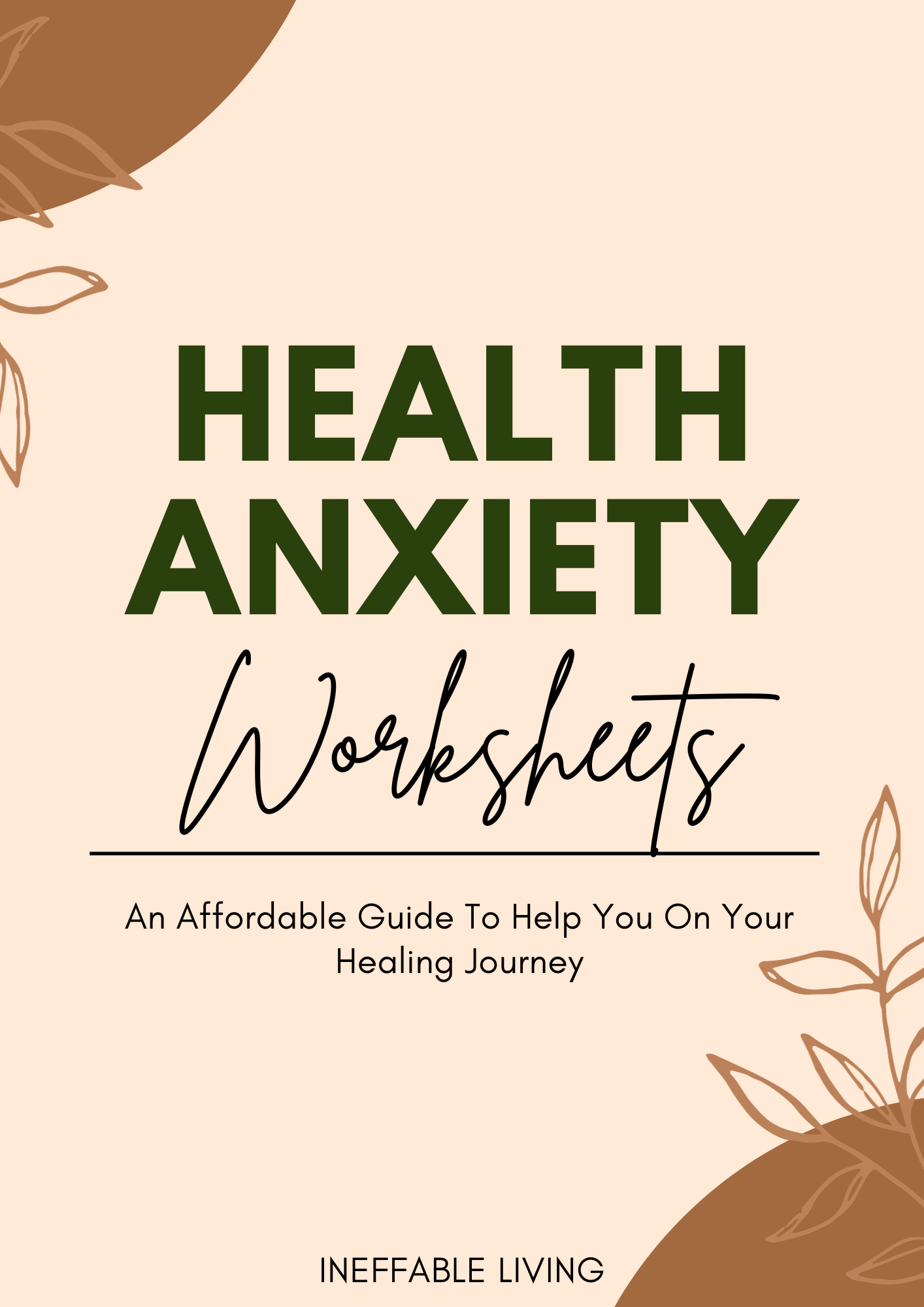If your mind feels like it’s constantly racing, your body always tense, and even small tasks feel overwhelming — anxiety might be running the show. Whether it’s a daily hum in the background or a sudden rush of panic, anxiety can be exhausting. But here’s the good news: you can interrupt that cycle — and worksheets can help you do it, fast.
Designed to guide your thoughts, ground your body, and give your brain a moment to breathe, anxiety worksheets are a simple but powerful way to regain control in the middle of chaos.
- What Anxiety Actually Does to You
- 1. Manage Your Anxiety Worksheets
- 2. Worry & Rumination Worksheets
- 3. Social Anxiety Worksheets
- 4. Overcome Avoidance Worksheets
- 5. Agoraphobia Worksheets
- 6. Panic Attacks Worksheets
- 7. Phobia Worksheets
- 8. Health Anxiety Worksheets
- How Worksheets Calm the Nervous System
- These Worksheets Are for You If…
- Calm Isn’t a Personality — It’s a Practice
What Anxiety Actually Does to You
Anxiety isn’t “just in your head” — it affects your entire system. You might notice:
- A tight chest or shallow breathing
- Racing thoughts or obsessive worries
- Trouble concentrating or sleeping
- Feeling like something bad is always about to happen
- Avoiding things you used to handle with ease
Anxiety creates a false sense of urgency. But the truth is, not everything is an emergency — and your body deserves to feel safe again.
1. Manage Your Anxiety Worksheets
Calm racing thoughts, regulate your nervous system, and create a daily plan to reduce anxiety at the root.
2. Worry & Rumination Worksheets
Interrupt overthinking loops and learn how to stop mentally replaying fears, regrets, and “what ifs.”
3. Social Anxiety Worksheets
Build confidence in conversations, reduce fear of judgment, and reframe anxious thoughts around social situations.
4. Overcome Avoidance Worksheets
Break the cycle of putting things off due to fear, and gently face discomfort with step-by-step tools.
5. Agoraphobia Worksheets
6. Panic Attacks Worksheets
7. Phobia Worksheets
Understand and desensitize your specific fears through exposure planning, logic-based reframing, and emotional support.
8. Health Anxiety Worksheets
Reduce obsessive health-related worries and replace compulsive checking with calming, rational coping tools.
How Worksheets Calm the Nervous System
Unlike simply “thinking positive,” anxiety worksheets guide you through evidence-based practices that work with how anxiety actually functions in the brain.
They help you:
- Ground your thoughts with logic and clarity
- Interrupt spirals with calming questions
- Reframe distorted thinking like catastrophizing or black-and-white thoughts
- Bring awareness to your body’s signals before panic takes over
- Create a calming plan for future flare-ups
When anxiety hits, your brain needs structure. These worksheets are that structure.
These Worksheets Are for You If…
- You feel on edge most of the day
- You’re tired of overthinking every decision
- You want real relief — not generic advice
- You’ve tried journaling but need more structure
- You want something practical and private you can use anytime
Whether you’re dealing with general anxiety, social anxiety, health anxiety, or panic attacks — these worksheets meet you where you are.
Calm Isn’t a Personality — It’s a Practice
You don’t have to be a calm person to become one. It’s not a switch — it’s a skill. And with the right tools, your mind and body can learn to feel safe again.

Read Testimonials –> HERE
FAQs
Can I use the worksheets with my therapy clients?
Absolutely! The worksheets are meant for both, personal and professional use.
The worksheets are copyrighted so you can’t resell them or upload them publicly online. But you can share them with your clients.
Can I make changes to the files before handing them down to my clients?
Absolutely! You can convert your PDF files to word documents and make changes using free tools like pdf2doc.com.
How do I know if these worksheets are right for me?
These worksheets are perfect for anyone who needs an affordable, yet effective strategies to help them increase their self-awareness and work on their own issues – alone or with their therapist.
These worksheets are not a one-size-fits-all approach and are in no way meant to imply that change is as one-dimensional as a worksheet.
So choose the techniques and suggestions that apply to you and tailor the exercises in ways that will be helpful to you.
Can I use these worksheets on my own or should I seek professional guidance?
These worksheets are designed to be helpful on their own. However, seeking professional guidance from a mental health professional can increase their effectiveness.
How do I use mental health worksheets effectively?
1. Set aside dedicated time: Find a quiet and comfortable space where you can focus on yourself without distractions. Treat this as valuable self-care time, just like you would for any other important appointment.
2. Choose the right worksheet: There are numerous worksheets available, each offering unique exercises and prompts. Consider your specific needs and goals. Are you looking to enhance self-awareness, manage stress, or improve your relationships? Select a worksheet that aligns with your current focus.
3. Read instructions carefully: Take a moment to fully understand the purpose and instructions of the worksheet. Clarify any questions you may have before proceeding.
4. Engage in self-reflection: Set pen to paper and let your thoughts flow. Don’t worry about perfection or judgment – this is your private space to express yourself authentically. Be honest with yourself and explore your emotions, thoughts, and experiences without restraint.
5. Reflect on your insights: After completing the worksheet, take some time to reflect on what you have learned about yourself. Consider any patterns or triggers that impact your mental well-being. Identify areas where you can implement positive changes or coping strategies.
6. Incorporate your insights into daily life: The true value of mental health worksheets lies in applying your newfound awareness and insights to your everyday life. Consider how you can integrate these insights into your relationships, self-care routines, and overall well-being.
When should I see a therapist?
These worksheets are designed to help you better understand yourself, your distress, and your difficulties.
You can use it in conjunction with therapy or as a stand-alone guide to manage your distress.
These worksheets can be considered a low-intensity intervention. They’re perfect for those who are struggling with mild to moderate issues.
In mental health, mild to moderate symptoms are those that are severe enough to be distressing to you, but moderate enough that you can still manage most of your daily activities.
If you feel very overwhelmed by any of the exercises in these worksheets, this might be a sign that your symptoms are too severe for you to do the work by yourself.
A therapist will help you at your own pace and provide support and encouragement throughout the process.
Do you have more questions? Check this page –> FAQs
